Welcome to issue 16 of the Call to Comms!
Tomorrow, on May 17th, is World Telecommunications Day. This year's theme, "Empowering the least developed countries through information and communication technologies," highlights the crucial role that ICTs play in promoting equality and access to resources.
We also take a closer look at the ICRC's RedSafe platform, an innovative digital solution providing safe services for people affected by humanitarian crisis.
💬 In this week's issue:
World Telecommunications Day
Tomorrow, on the 17th May, it will be World Telecommunications Day. A day that has been celebrated annually since 1969, with the aim of raising awareness of the importance of ICTs and promoting the development of telecommunications infrastructure around the world.
Each year, a new theme is chosen to focus attention on a particular issue facing the ICT industry. This year's theme, 'Empowering the least developed countries through information and communication technologies,' highlights the urgent need to close the digital divide and ensure that all people have access to the same opportunities and resources.
The International Telecommunications Union works closely with governments, private sector companies, and other stakeholders to develop policies and regulations that promote the growth of the telecommunications industry and improve access to ICTs for all. So let's use World Telecommunications Day as a reminder to keep pushing for progress and working towards a more connected and equitable world.
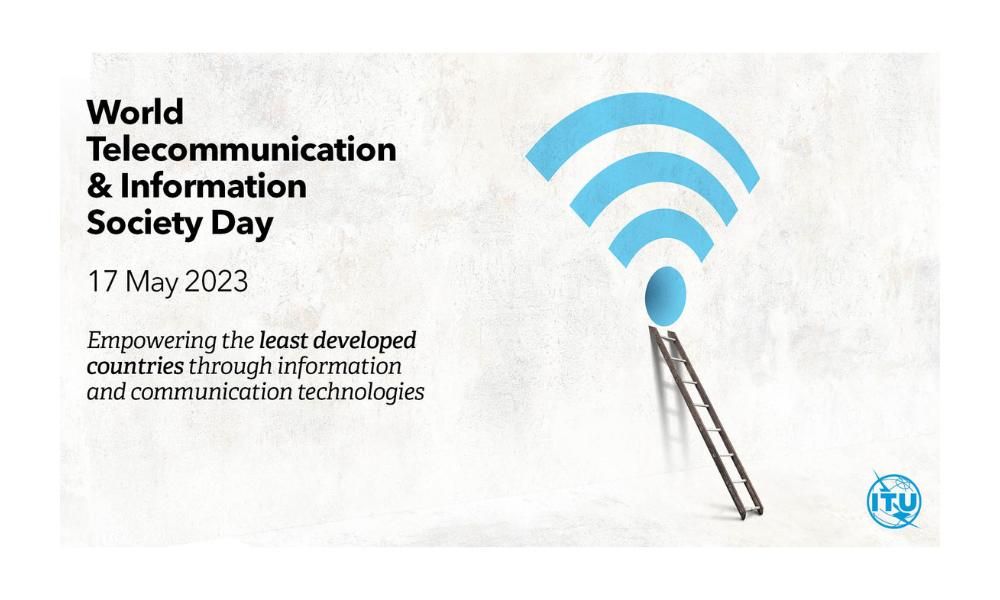
You can also register to celebrate ITU's anniversary on 17 May (14:30 CEST), with talks on how the Global South can use information and communication technologies to create opportunities.
🗞 Latest news from TSF, our partners, and the humanitarian and technological web
- The ITW Charity Run is today! Ready, set, go: the ITW Charity Run, supported by our partner Console Connect, happened early this Tuesday morning. The runners helped raise funds to support our action. We will share more about their achievement next week - but already, thank you!
- "UN agencies call for more collaboration over refugee, migration crisis in Americas". Following the recent lifting of 'Title 42', a COVID-19 measure restricting access to asylum in the US, the UN refugee agency (UNHCR) and the International Organization for Migration (IOM) called for a collaborative approach, with a plan based on international law.
A digital humanitarian platform: RedSafe by ICRC
The ICRC Redsafe platform is an online platform created by the International Committee of the Red Cross (ICRC) to provide "safe and secure services for people affected by conflict, migration and other humanitarian crisis".
The app, that you can download on your phone, focuses on 5 services:
- Information as aid
- Alerts from the ICRC
- Messages to other users
- Map of services
- Digital vault
Information as aid
The information as aid service lists humanitarian services per country - for example, in Mexico. For Mexico, the articles are in Spanish, and give advice to stay in contact with loved ones, or what authorities can detain asylum seekers. This is the kind of information that TSF shares in its information diffusion project in Latin America, too.
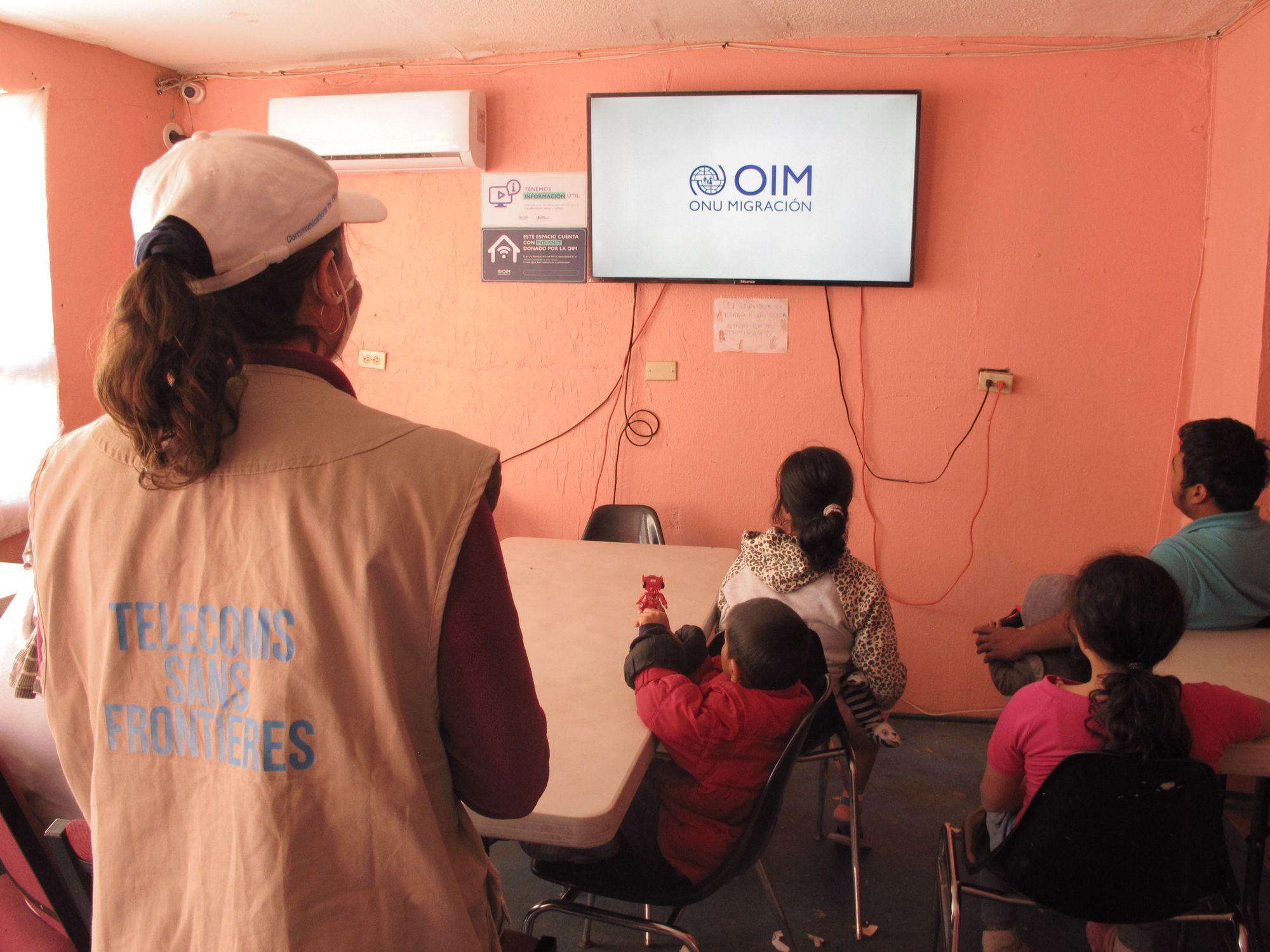
What has TSF done in Latin America in 2022?
Alerts and pre-defined messages
The app also sends alerts from ICRC directly on the person's phone, keeping them updated on the crisis. The "messages" part allows (registered) users to send pre-defined messages to other app users.
Map of services
To know where to go to find help - shelter, food, healthcare, etc. -, users can go to the interactive map. It locates humanitarian services near them, with a description, contact details, and the type of service they offer.
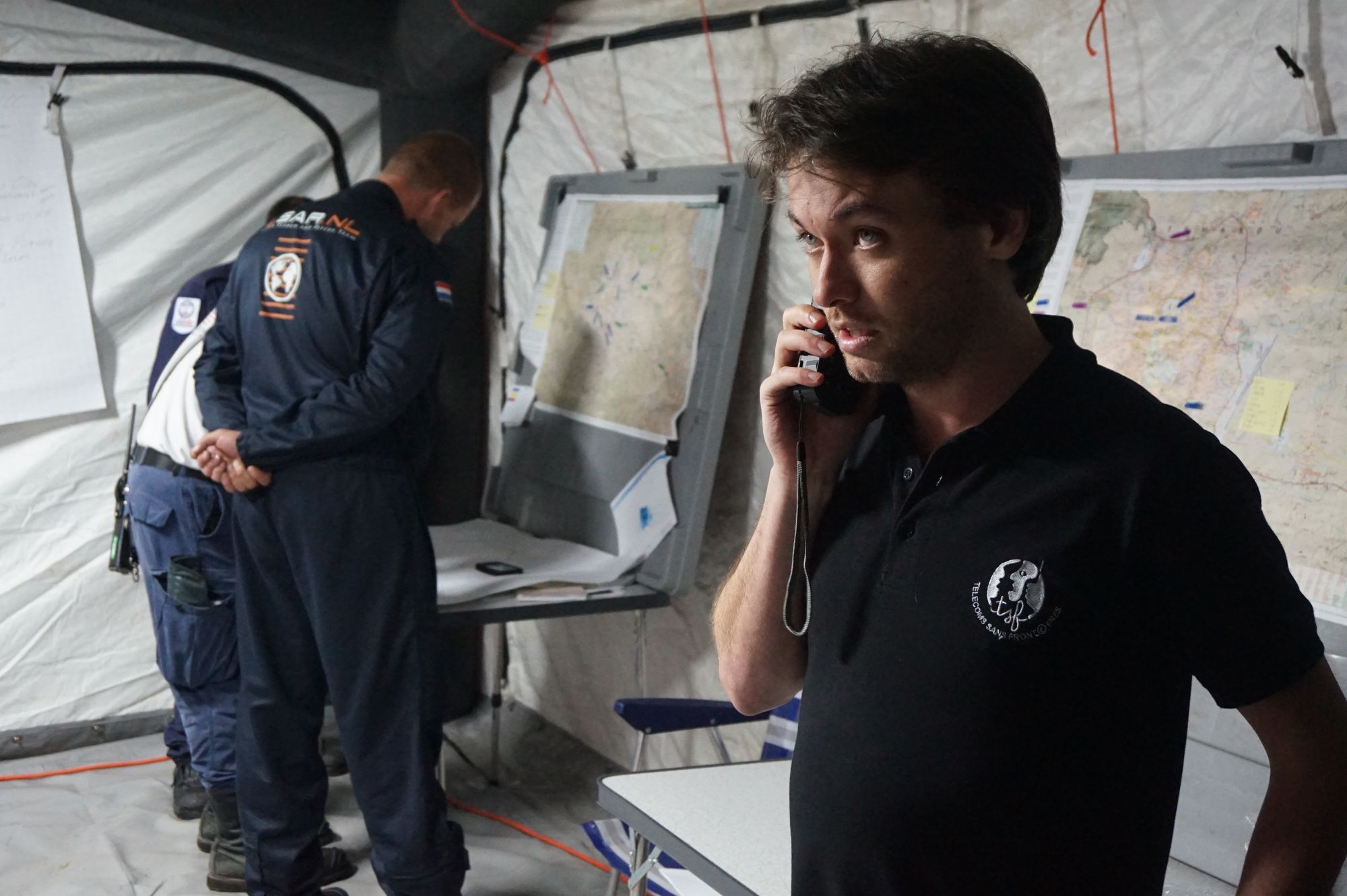
Digital vault
When people are on the move, losing important documents can happen fast, and have serious consequences. The 'digital vault' allows registered users to store copies of their personal documents and contacts in a 'digital safe', like their ID.
Storing such important and sensible data raises questions and concerns about data privacy. One of the biggest challenges is how to ensure the data is protected.
The ICRC adresses this issue upfront on their website. They do not share information with anyone, protect personal data with their 'ICRC Data Protection rules', and store data in an "encrypted, and anonymous manner" for a certain period of time in case the displaced person disappears and a family member approaches the Red Cross to search for them.

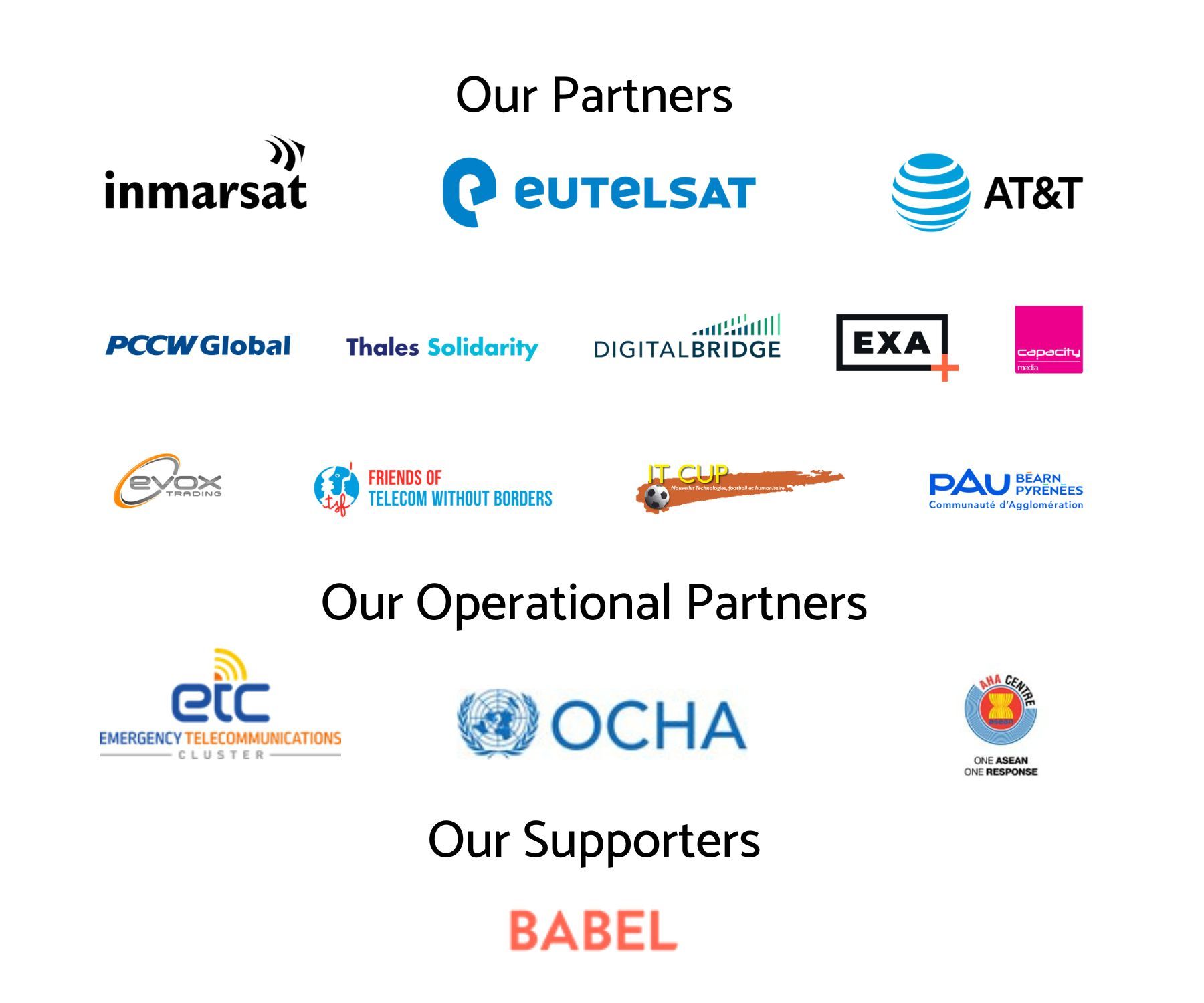


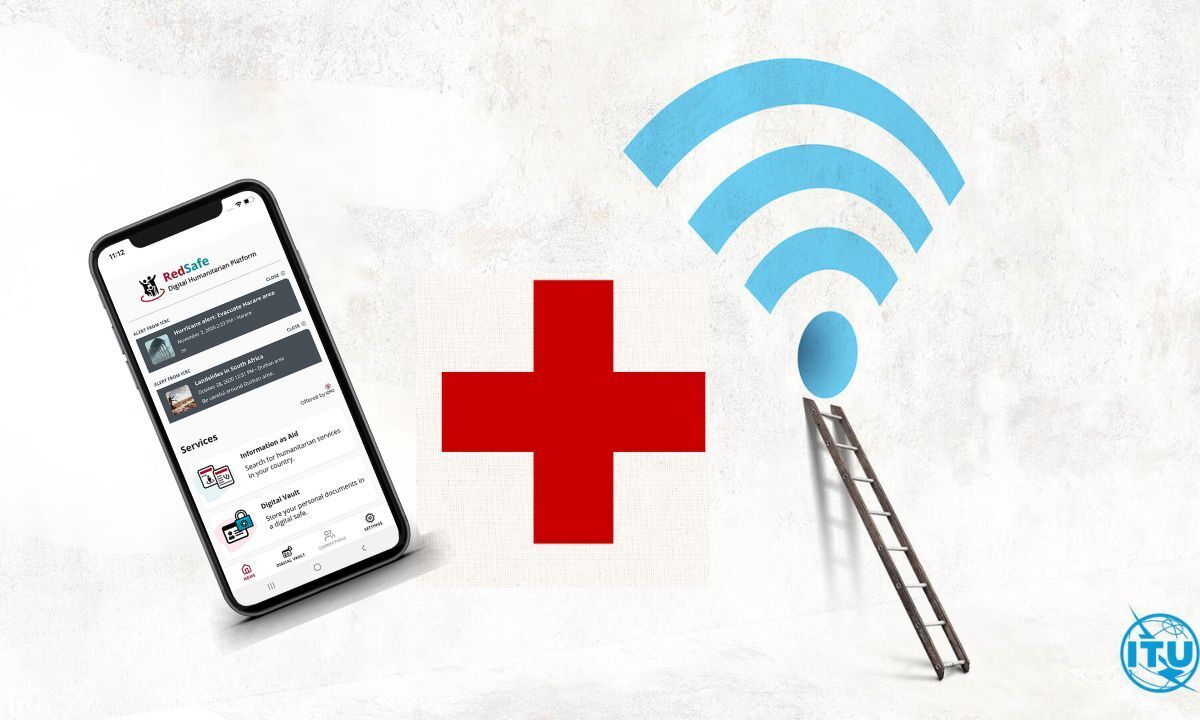




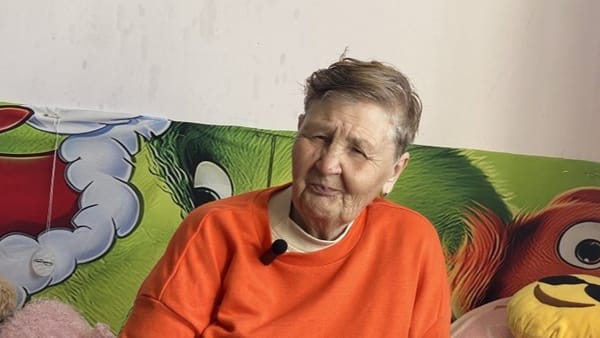
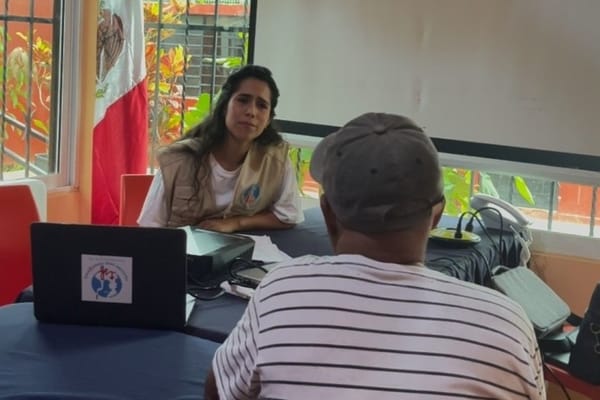

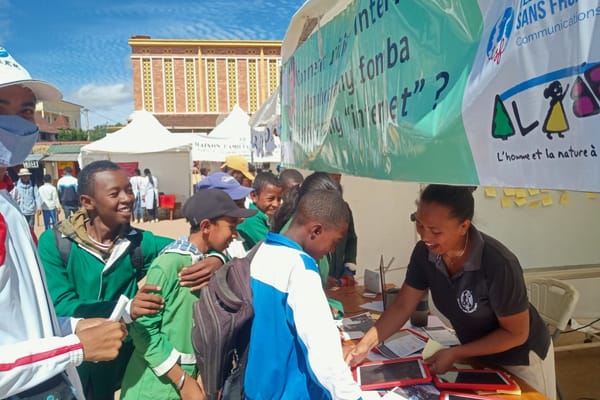
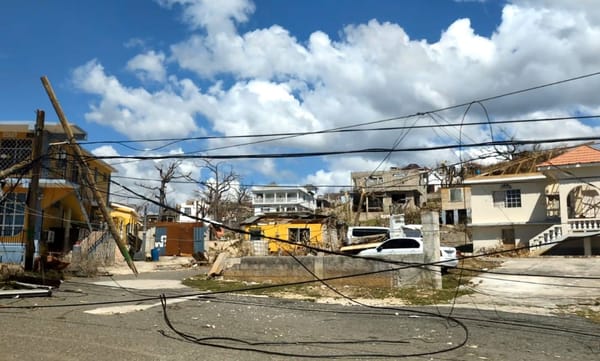
Member discussion